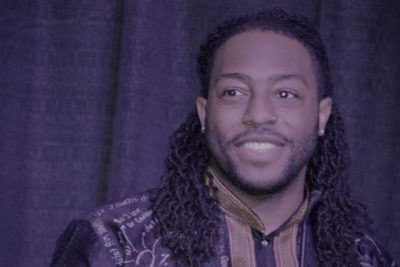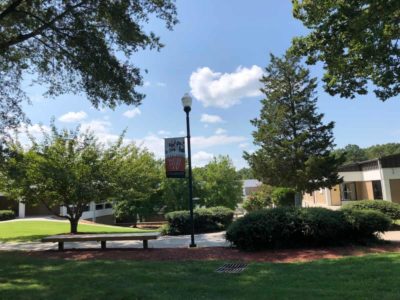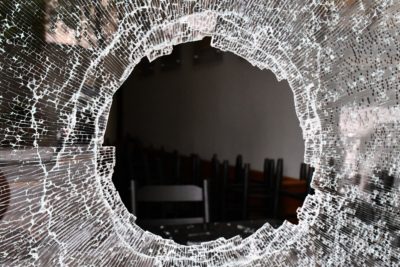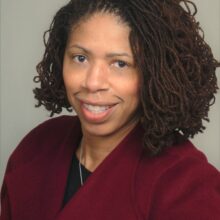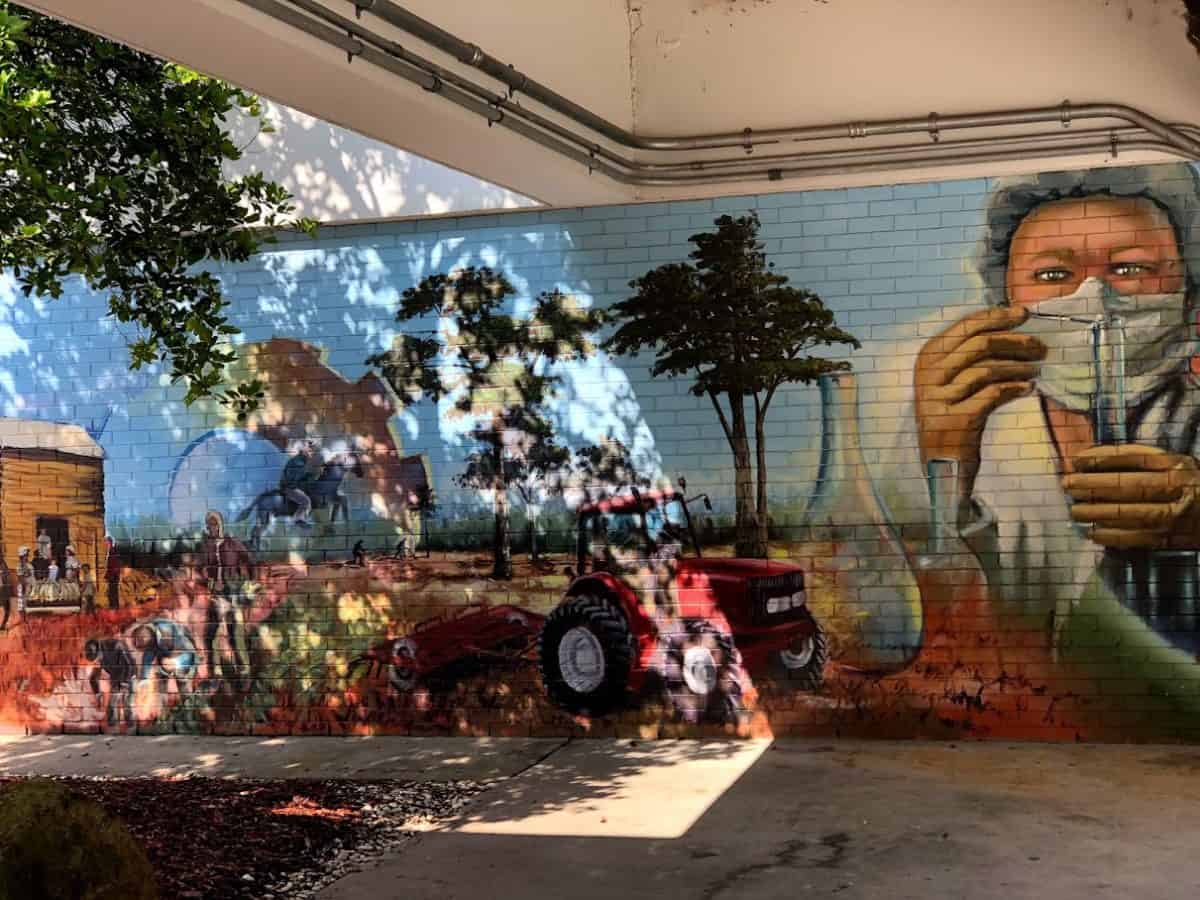
Today, I join leaders in our community who are collectively posting about George Floyd’s death. As a mother to three sons, situated in a community with a proud rural tradition, and as an African American woman, I share these thoughts with each of you in the hopes that we can make sense of what has happened and do better.
George Floyd’s publicly captured homicide is the tip of the iceberg regarding race relations in this country.
In 1903, WEB Dubois knew that the issue of race was our nation’s Achilles’ heel. From his famous work, The Souls of Black Folk, he wrote, “The problem of the twentieth century is the problem of the color line.”
The fact of the matter is this in the United States — race still matters far too much in nearly every aspect of living. Housing. Credit. Education. Prison. Jail. Health.
I’m heartbroken along with each of you that we find ourselves at this place. I pray that George Floyd’s family will find justice, and then eventually peace.
We commend the boldness of leaders who are speaking out to acknowledge suffering and who are working to establish and hold people accountable to policies designed to deconstruct institutional barriers to equity.
We commend those members of law enforcement throughout our region who are intentionally working to break down inequities that leave anyone vulnerable because of the color of their skin.
Consider that Caswell County government has been working with the Government Alliance for Racial Equity for nearly a year, looking to identify ways to identify structural inequities and remove them. There’s also the Health Collaborative, focused on improving the health of ALL of its citizens.
Then, in Person County, there was a peaceful protest of George Floyd’s death last weekend where community members, leaders, and police walked together condemning the actions of the officers involved. The Brothers and Sisters in Conversation (BASIC) has been meeting for years with the goal of creating a more united community.
At Piedmont Community College (PCC), we’re working to increase access to higher education so that more members of our community have options for their lives.
But we must all do more.
If riots are the language of the unheard, as Dr. Martin Luther King Jr. believed, what more can we do to ensure that every member of our community is heard, seen, acknowledged, and supported?
We must create deliberate spaces to genuinely interact with one another. Sniping at one another in social media posts is not genuine interaction. Far too often communications in that space give unearned permission to leave civility and manners out of the conversation. The more polarizing the comments, the more they are viewed.
We will never stamp out generational racial ignorance that is the true foundation of George Floyd’s murder until every single person in this country is willing to acknowledge the issue. We cannot fix what we are unwilling to acknowledge.
George Floyd’s murder is a symptom of a bigger problem. The riots and frustration we see are symptoms of bigger problems.
At PCC, we are committed to providing a safe space for all employees and the individuals that we serve. This fall, we will work with NC Campus Compact and other organizations to help bring a series of civil discourses to our community. We hope you will join us.
In the meantime, let’s not move on to the next story so quickly without taking some lasting actions that will prevent us from having this period in our history repeat itself. Future generations are counting on us to do better.
Recommended reading
